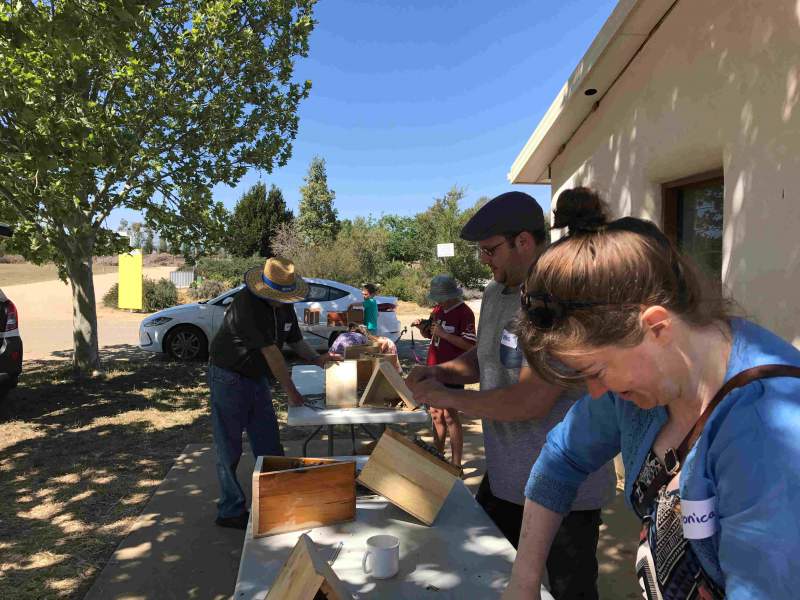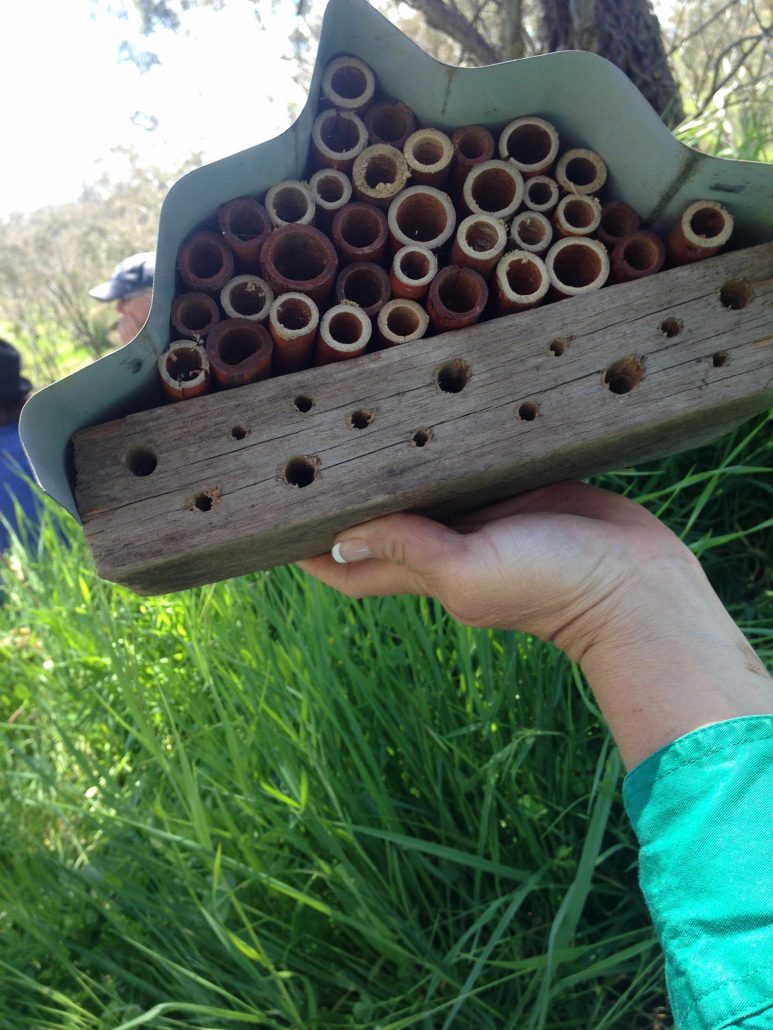Have your say on carp control
The feeding habits of the European carp, Cyprinus carpio, have a detrimental effect on water quality and create an unfavourable environment for other species. Carp are benthivorous fish that feed in and on sediment; this is destructive to aquatic plants, which provide critical feeding, spawning and nursery habitat for native fish, increases turbidity by suspending sediments, and mobilises sediment bound phosphorus.

A new biocontrol agent to control this aquatic pest, which is now ubiquitous in all but the uppermost reaches of NSW waterways, is currently under investigation. Australia’s history of biological control hasn’t been unblemished and the public are being invited to have their say on the possible use of the use of a species-specific virus, Cyprinid herpesvirus 3.
Central Tablelands residents are invited to attend a community briefing session to find out more about the National Carp Control Plan (NCCP), the research underpinning the biocontrol agent and how potential risks are being identified and mitigated, and to provide their feedback.
The community briefing session will be hosted by the NCCP and Central Tablelands Local Land Services on Monday 27 November from 6-8pm at Bathurst Panthers Club.
NCCP National Coordinator Matt Barwick says waterways are the lifeblood of many rural and regional communities and they need to be rehabilitated.
“While these community briefing sessions are important for us to share the background, context and desired outcomes of the NCCP, they also provide an opportunity to hear from community members about how the prevalence of carp impact on them, their lifestyle or their business,” Mr Barwick said.
“We want to work collaboratively with the local community – as healthy river systems and waterways result in healthier communities.”
“We value the opinions and beliefs of people in the Central Tablelands region and we want to understand the ecological values of affected river systems and waterways and any likely direct or indirect impacts, be they social, environmental, economic or cultural, that may eventuate,” Mr Barwick said.
Central Tablelands Local Land Services is working with the NCCP to ensure local issues are considered in the National Carp Control Plan.
“We encourage all members of the community to participate in this briefing session and ask any questions they may have in relation the plan. The NCCP is a process, not a foregone conclusion so we encourage residents to share their thoughts and opinions and help shape the recommendations to government,” said Senior Land Services Officer, Casey Proctor.
This event is one of more than 40 community briefing sessions which will be held in NSW, Victoria, South Australia, the ACT, Queensland and Western Australia in coming months.
To find out more about the NCCP visit www.carp.gov.au.
For further details about the Bathurst Community Briefing Session contact Casey Proctor at Central Tablelands Local Land Services on 0429 110 072.


